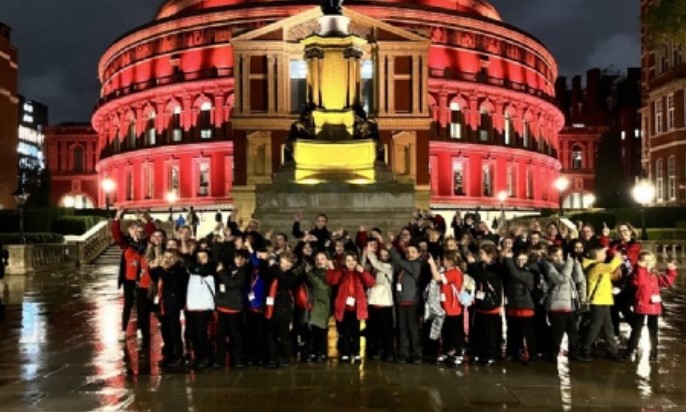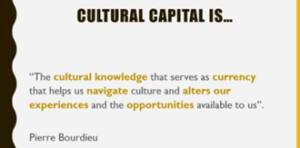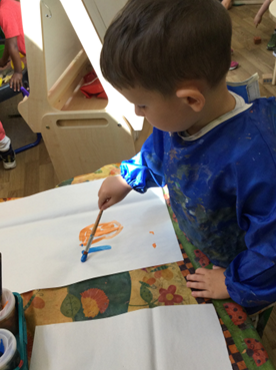Cultural Capital


“Cultural Capital” is not a new concept; it has its origins on the work of Pierre Bourdieu, a French sociologist working in the 1970-1980s.
In 2013, the then Education Secretary, argued that “the accumulation of cultural capital– the acquisition of knowledge – is the key to social mobility”.
This concept became embodied in the National Curriculum and is repeated as a specific phrase in the Ofsted handbook published in 2024, where it reiterates Cultural Capital as:
"It is the essential knowledge that pupils need to be educated citizens, introducing them to the best that has been thought and said and helping to engender an appreciation of human creativity and achievement."
We deliver this though our “Aspire” curriculum and, like Bourdieu, at Carlton Road we break down Cultural Capital into 4 key types:
|
Type |
What that includes |
At Carlton Road this means having the cultural knowledge to: |
|
Embodied cultural capital |
Language, mannerisms, and preferences |
Know and use a broad vocabulary, understand how to act, and behave in different situations, being able to make informed and appropriate choices. |
|
Objectified cultural capital |
Cultural “goods” – books, works of art, music |
Know about and have experienced a wide range of literature, experience art, music, history – museums, theatres, concerts, visits and visitors that expand knowledge and horizons within and over /above the academic curriculum. |
|
Institutional cultural capital |
Qualification and educational credentials |
Reach academic milestones and secure appropriate/ successful results both academically in other areas such as sporting prowess. |
|
Symbolic cultural capital |
Honour, prestige, or recognition |
To have recognition, be rewarded, be praised and have their success acknowledged , fostering pride appropriately. |
This concept in greater detail, our intent for the children, how we implement it and the desired impact it has, can be read in greater detail on this pdf.
Cultural Capital Intent for Carlton Road





